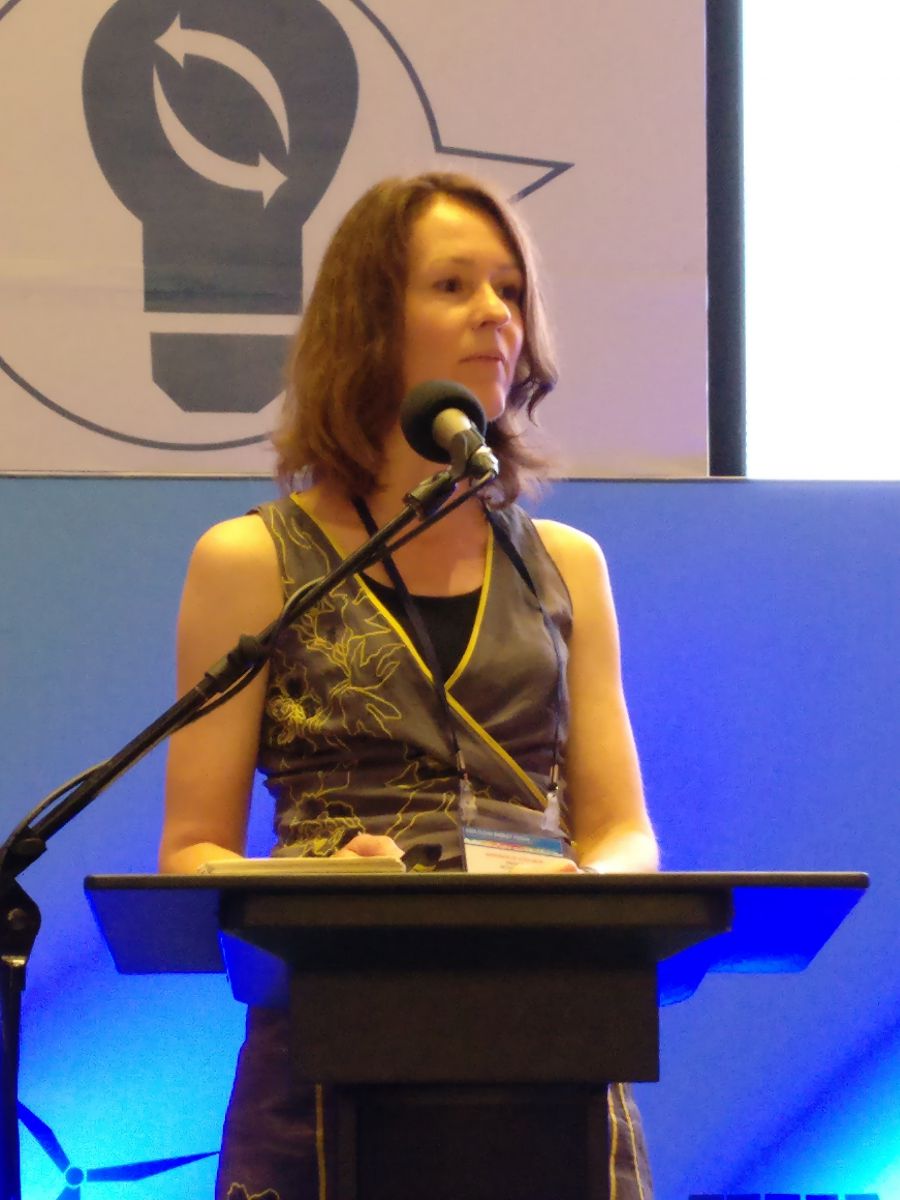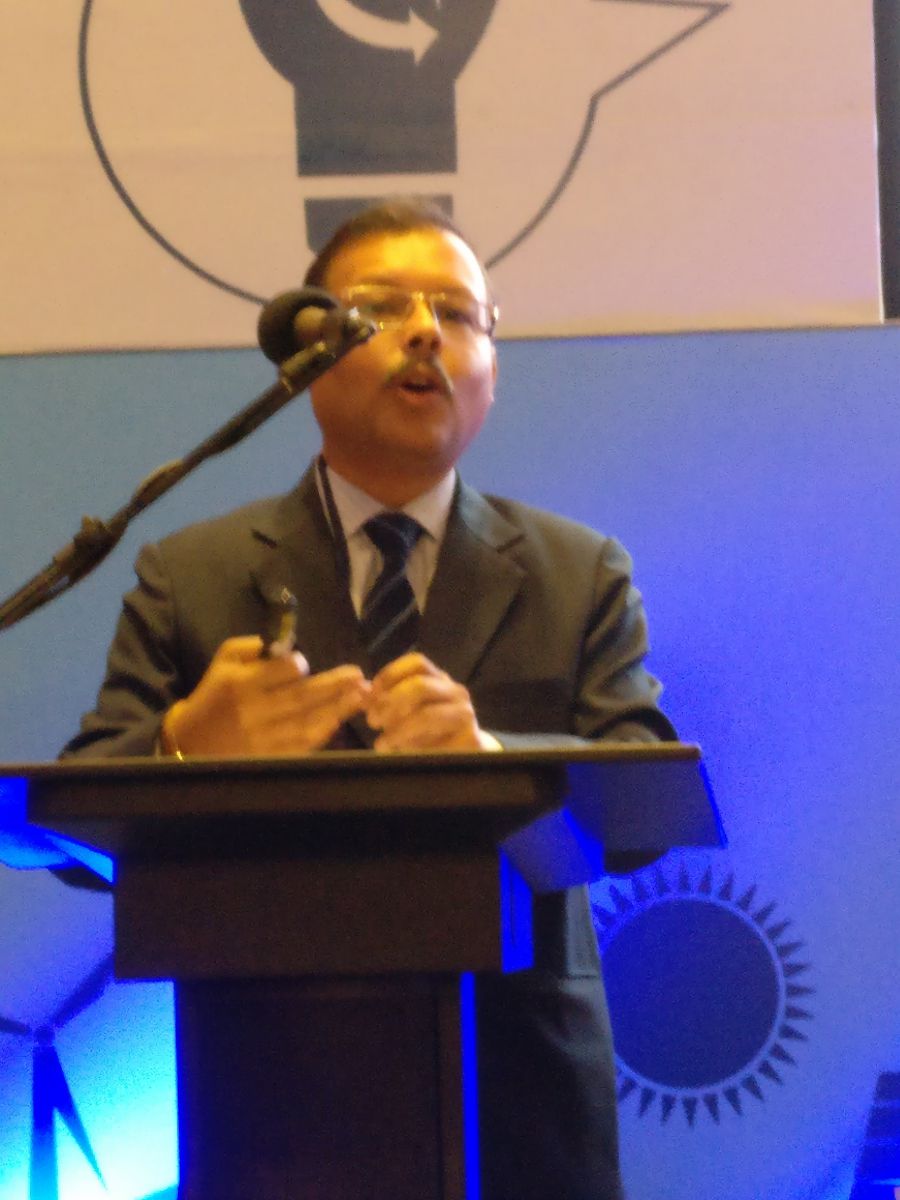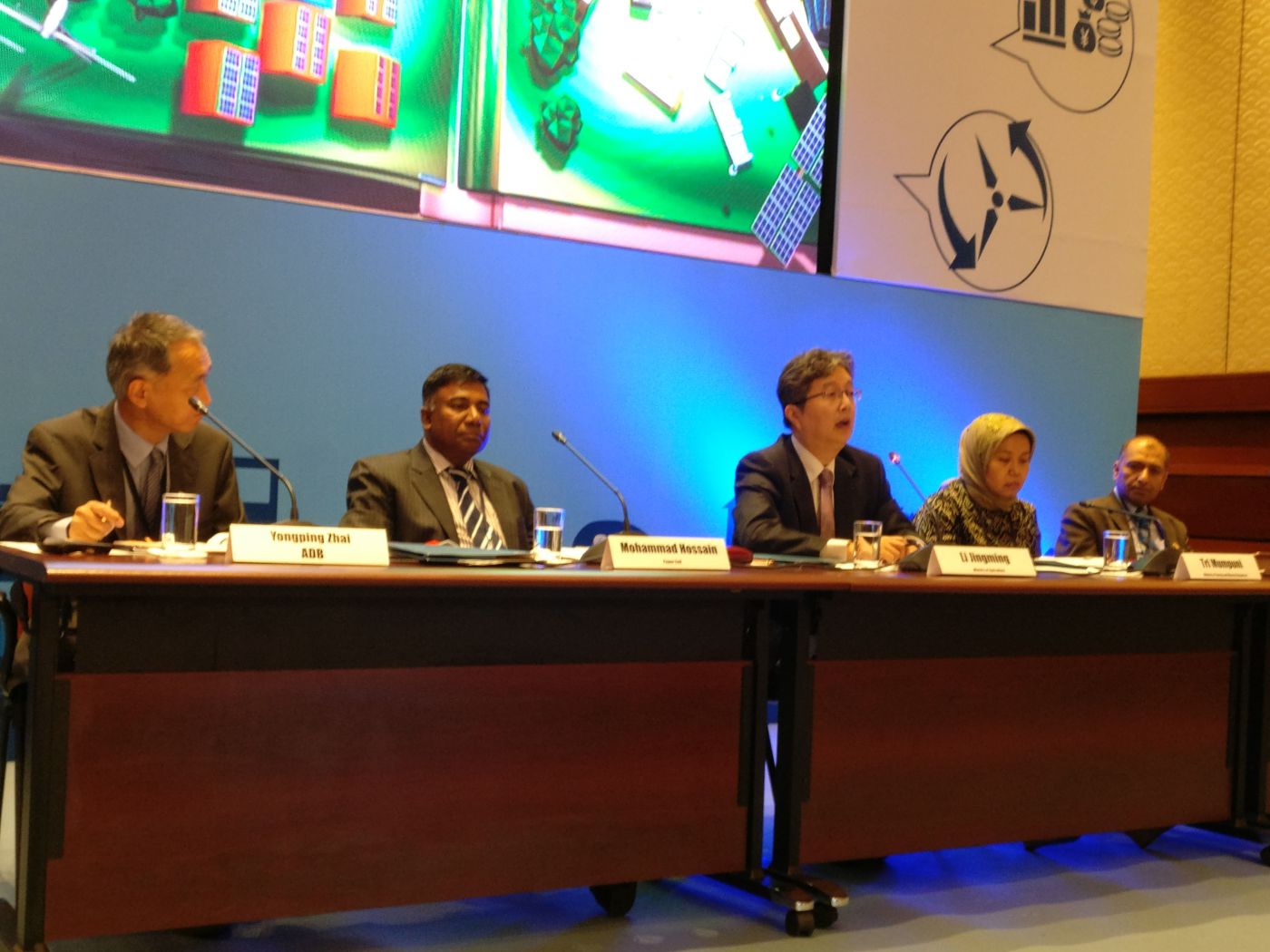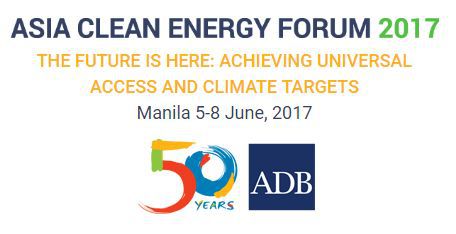At the Deep Dive workshop on the Global Tracking Framework (GTF) and Energy Access and Gender Research co-organised by ENERGIA (read more), Vivien Foster (World Bank) and Kim Roseberry (United Nations Economic and Social Commission for Asia and the Pacific) presented results and trends from the recently released GTF report 2017.
The GTF report is based on data from household surveys that feed into national statistics. One of the key findings is that the progress towards universal access to energy by 2030 is lagging behind targets. This holds true for electricity as well as – and even more so – for access to clean cooking. Population growth means that the access goals are a moving target. For electrification in Asia, data analysis indicates that a reason for the decreased rate of electrification is the fact that unelectrified households are increasingly difficult to reach.


Annemarije Kooijman and Debajit Palit presented issues of energy access and impacts based on the ENERGIA Gender and Energy Research Programme. Annemarije focused on priority gender issues and opportunities such as time saving and improving energy access. She emphasized there was a lack of data on mobility, safety and productive uses, among other. Debajit showed how energy can contribute to empowerment, and how such causalities can be assessed.
Annemarije noted that it was worthwhile to make an effort in uncovering gender issues and to recognize gender roles. This could contribute to strengthening the benefits of energy access and to improving the effectiveness of energy supply. Empirical evidence is needed to indicate priorities and showcase the urgency of actions (also see this summary from a previous discussion).

These observations resounded in the discussions with World Bank, Asian Development Bank and other participants. There was a clear interest in the Multi-Tier Framework for tracking energy access, the underlying data, and the findings of ENERGIA’s research programme. Discussants spoke about the need to understand data; to monitor, evaluate and understand links between investments and impacts to justify projects; and the need for evidence based policy to accelerate access.







